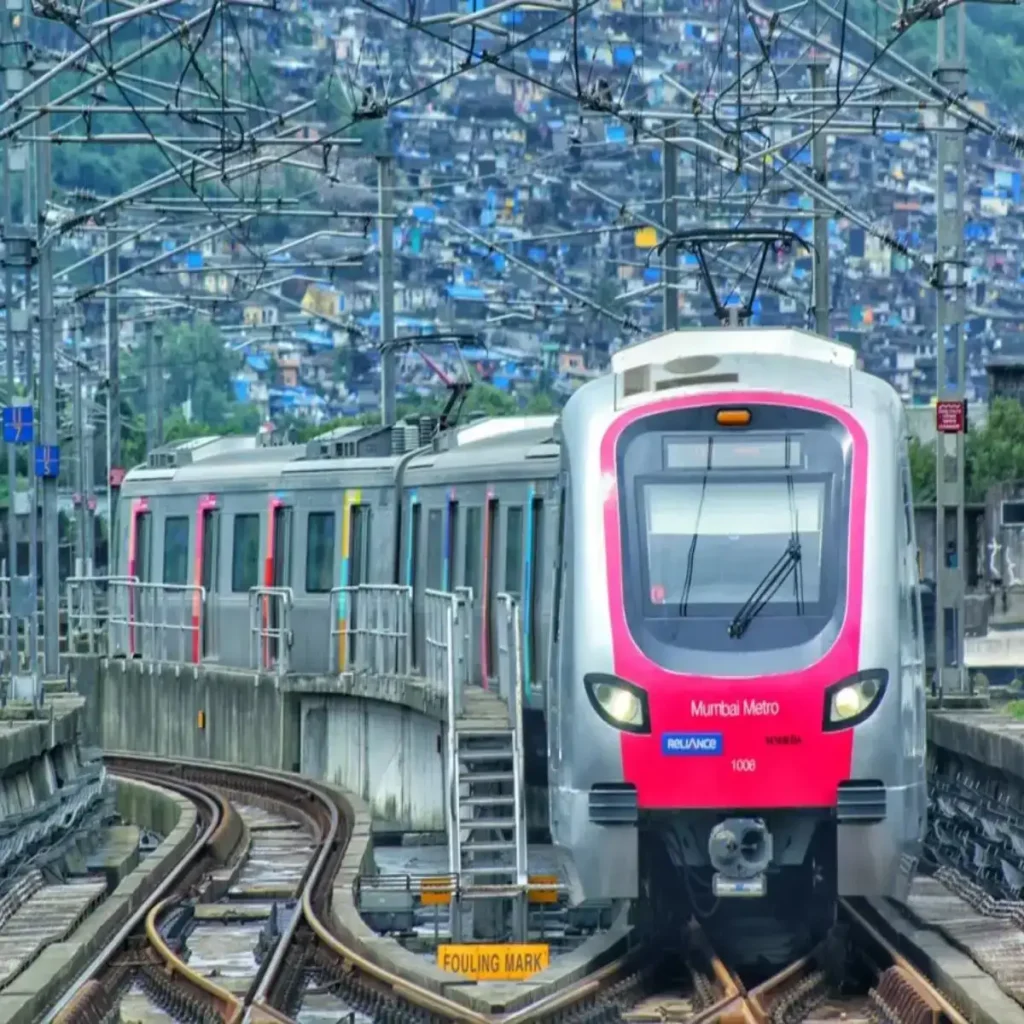COAI Accuses Mumbai Metro of Promoting Monopoly in Mobile Network Access

The Cellular Operators Association of India (COAI) has taken a firm stand against the Mumbai Metro, accusing it of pushing for a monopolistic setup that would limit mobile connectivity options for commuters. According to COAI, the metro authorities ignored a joint proposal from telecom operators that aimed to build shared mobile network infrastructure within metro stations and tunnels.
Telecom Operators Proposed a Shared Network
India’s leading telecom players—Reliance Jio, Bharti Airtel, and Vodafone Idea—came together under COAI to offer a common infrastructure solution. Their goal was to streamline the installation process, minimize disruptions, and provide seamless mobile access throughout the metro system.
Instead of accepting this collaborative offer, the Mumbai Metro reportedly chose to move forward with a plan that grants exclusive access to a single network provider in exchange for a high fee. COAI believes this decision ignores public interest and prioritizes revenue over commuter needs.
Commuters Depend on Mobile Connectivity
Today’s commuters rely heavily on mobile networks to access navigation tools, digital payments, and emergency communication. Metro users expect uninterrupted mobile service as part of basic transit infrastructure.
COAI emphasized that a shared infrastructure model would allow all telecom operators to offer consistent service. When authorities block such collaboration, they risk creating unequal access, where only subscribers of the selected network enjoy connectivity during their metro rides.
COAI Criticizes the Move as Anti-Consumer
COAI labeled the metro’s decision “anti-consumer” and “anti-competitive.” The group warned that giving one provider control over mobile infrastructure will reduce customer choice and hurt the quality of service.
In a statement, COAI pointed out that commuters whose mobile providers don’t win exclusive rights will likely face coverage blackouts during their journeys. This fragmented experience could affect thousands of daily passengers.
Rather than letting each telecom company negotiate separately or install its own infrastructure—which leads to delays and higher costs—COAI encouraged the metro authority to support one shared system for all.
What Is “Monopolistic Rent”?
COAI accused the Mumbai Metro of seeking “monopolistic rent”—a term used when an organization uses its control over a public asset to extract excessive fees or advantages from others.
In this case, COAI claims that the metro is trying to profit by limiting mobile infrastructure access to a single telecom operator. This approach would generate revenue for the metro but harm fair competition and consumer service in the long run.
Global Metro Systems Use Shared Models
Metro networks in cities like London, Singapore, and Hong Kong already use shared telecom infrastructure. These cities allow all network providers to connect through a single system, ensuring that every commuter has equal access to mobile services.
COAI urged the Mumbai Metro to adopt a similar model. According to the association, such a setup would lower costs, avoid duplicate installations, and create a better experience for passengers.
Authorities Have Yet to Respond
As of now, Mumbai Metro officials haven’t publicly responded to the allegations. Their silence has raised concerns among industry experts, many of whom believe the issue could soon attract regulatory attention.
If the metro continues with its current plan, COAI may approach the Department of Telecommunications (DoT) or the Competition Commission of India (CCI) for intervention. Both regulators have previously stepped in when public infrastructure projects failed to align with principles of fairness and consumer rights.
A Bigger Issue: Digital Access in Public Transport
This dispute shines a light on a growing problem—India’s public infrastructure often overlooks digital access. While metros focus on transport efficiency, they sometimes neglect basic commuter needs like network connectivity.
Urban transit systems must start treating mobile access as an essential service. Ignoring digital inclusion, especially in a city like Mumbai, risks alienating the very commuters who rely on these systems daily.
COAI argued that infrastructure projects funded by taxpayers must prioritize equal service for all citizens—not just those whose network provider strikes the best deal with metro authorities.
Collaboration vs. Control
At the heart of this issue lies a fundamental question: Should public infrastructure favor collaboration for the public good, or should it control access for profit?
Telecom operators have made their stance clear. They want to work together to build a common network that serves everyone. On the other hand, the Mumbai Metro seems to prefer an exclusive arrangement that could generate short-term revenue but harm long-term user satisfaction.
COAI’s call for a neutral-host model echoes global standards, where inclusivity and fairness matter more than exclusivity and profit.
Conclusion
The ongoing tension between COAI and the Mumbai Metro represents more than just a commercial disagreement. It raises questions about how India’s public infrastructure should balance commercial interests with public service.
If Mumbai Metro truly wants to build a world-class transit experience, it needs to think beyond short-term financial gains. By allowing a shared telecom network, it can improve commuter satisfaction, reduce future costs, and set an example for other cities.
COAI’s proposal supports innovation, fair access, and better connectivity for all. It’s now up to the metro authorities to decide whether they want to lead with vision—or limit progress for the sake of control.






